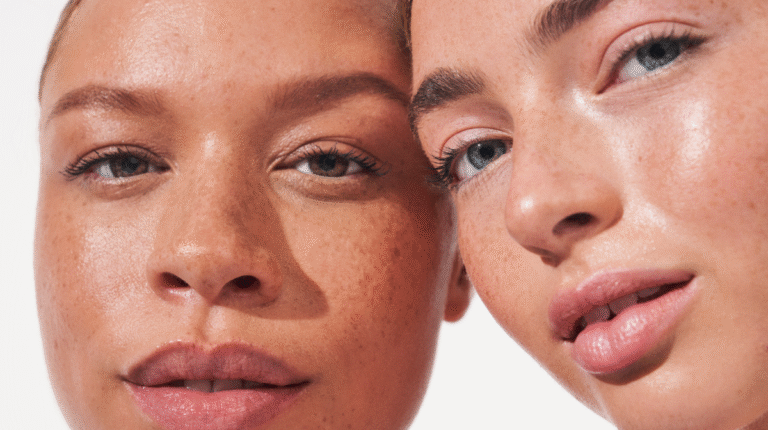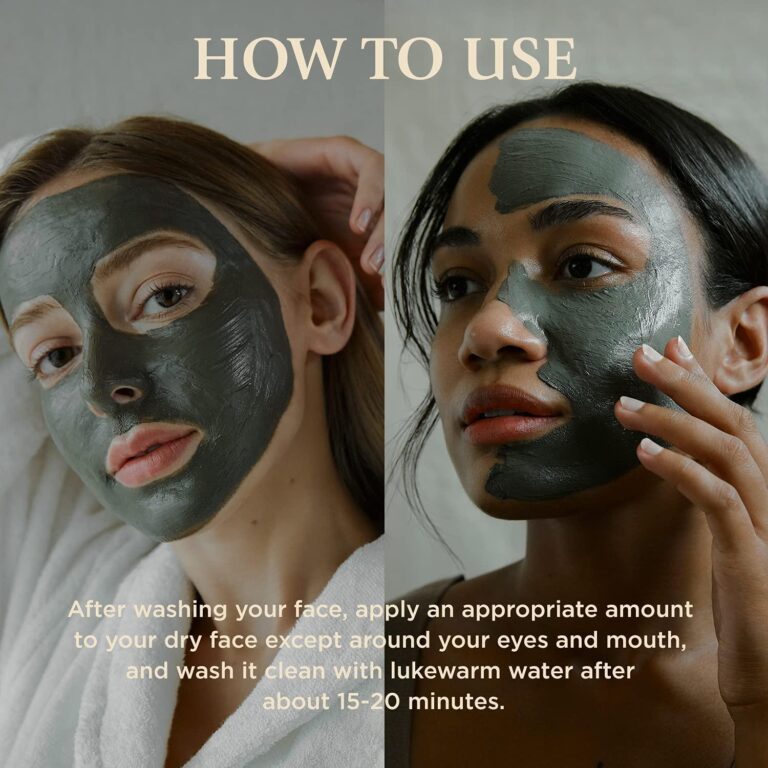You may have heard of early sleep and beauty, and although people often use this term as a “joke,” it is actually true.
It doesn’t matter if you are a man or a woman, the best age-defying trick that you can do for your skin is sleeping long enough, it is no secret that the body recovers and repairs itself during this period, and it is no different with the skin.
The night is an opportunity for your skin to remove dead cells, eliminate any impurities, and repair damage.
When a person does not sleep consistently for long enough, they are depriving their skin of important nourishment, in addition to this, deep sleep helps your skin to repair itself, as it does not need to protect itself from free radicals and UV rays like it happens during the day.
Getting a good night’s sleep is absolutely essential to maintaining beautiful skin as well as other factors that affect your health and physical appearance.
The science behind early sleep and beauty
As you can see, early sleep and beauty is not a myth, and there is a lot of evidence, studies and scientific research that prove the importance of sleep, whether for health or to maintain a more beautiful and healthy appearance.
Sleep reduces the severity of wrinkles in the neck and face, albeit temporarily. The body cools by about half a degree before a person sleeps, which causes an increase in blood flow to the skin, which is why the cheeks usually turn red at night.
Do you know this “radioactive” expression? This usually means that your skin color is close to the color of blood, the circulatory system moves warm blood around it and changes the color of the skin to affect the body temperature, which is why some people look brighter before bed or during sleep.
And not just for these reasons, there are many other factors about how sleep affects your appearance.
– Skin bright
As we saw earlier, your body increases blood flow to the skin during sleep, which means that when you wake up you will have a healthier glow.
When you sleep a little, your complexion appears tired, pale and lifeless.
Healthier and fuller hair
Hair loss, damage, breakage, and even hair growth can be affected by lack of sleep, as hair follicles (where hair growth begins) gain nutrients, minerals and vitamins through blood flow.
Lack of sleep can also lead to more stress, and stress causes an increase in the hormone cortisol, which can cause hair loss.
Less wrinkles
When you sleep, your skin produces new collagen, which prevents sagging. This is part of the repair process. Having more collagen in the skin means that it is softer and less prone to wrinkles.








